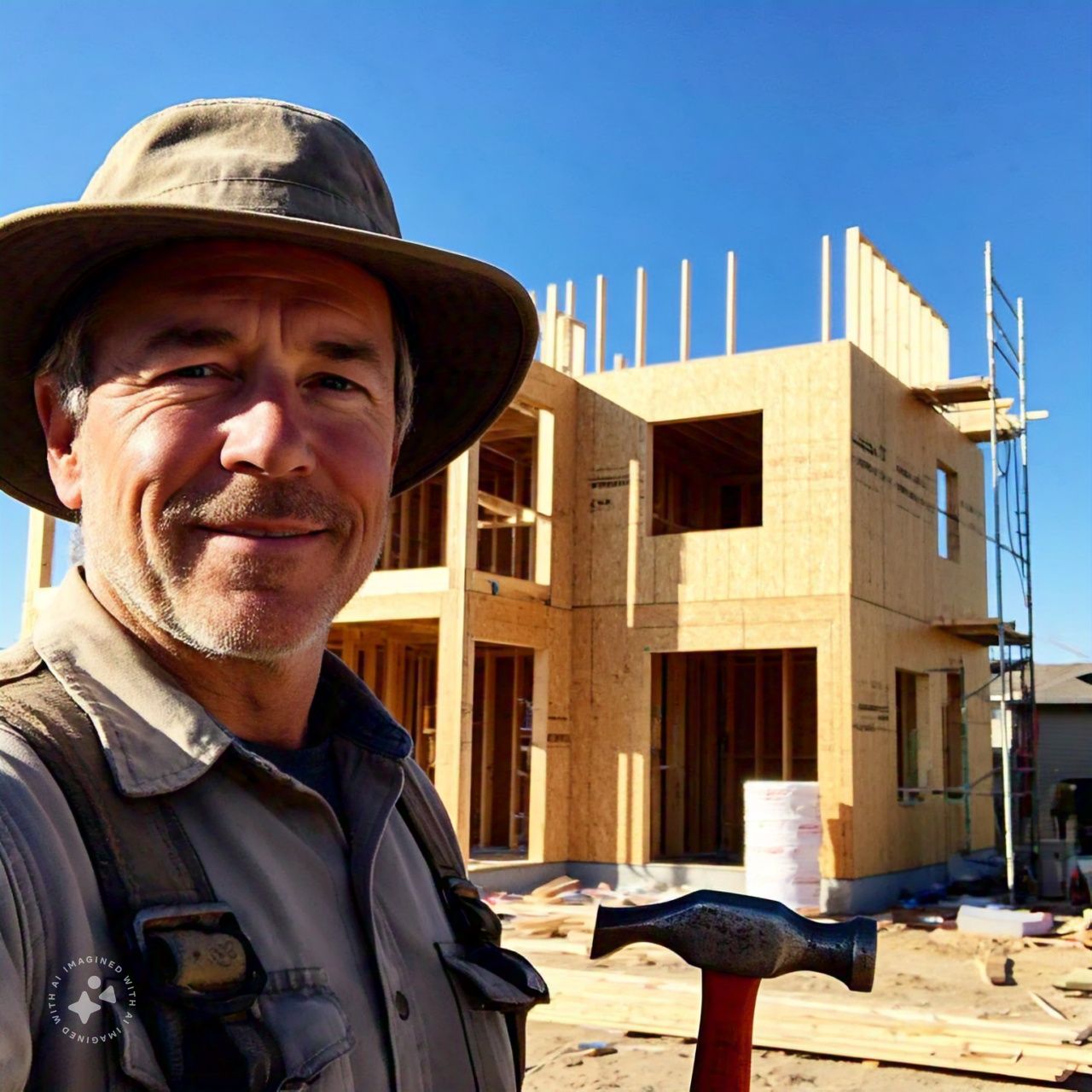Former Massachusetts Home Builder Concealed Over $1 Million in Income and Created Fake Documents
A former Massachusetts home builder has pleaded guilty to conspiring to defraud the United States and creating false documents to assist a client in securing a mortgage. His actions, spanning several years, resulted in significant tax losses and fraudulent financial practices.
Concealing Income Through Cash Transactions
From 2009 to 2016, the home builder operated a construction company specializing in luxury and commercial projects. During this time, he conspired with others to conceal income by dealing heavily in cash.
He received over $1.1 million in cash payments for custom-built homes in East Longmeadow and Cape Cod. Instead of depositing the cash into business accounts, he distributed it directly to vendors and subcontractors. This under-the-table payment method included approximately $135,700 for work on the Cape Cod property.
To further conceal these transactions, the home builder maintained secret ledgers, false contracts, and fake accounting entries. For cash deposits, he deliberately kept amounts under $10,000 to avoid mandatory currency transaction reports, a practice commonly known as “structuring.”
Fraudulent Mortgage Scheme
The fraudulent activity extended beyond tax evasion. In one instance, the home builder and his client created two versions of a home purchase contract for a property in East Longmeadow.
- Legitimate Contract: Included the actual agreed-upon purchase price.
- Deflated Contract: Listed a price $160,000 lower, omitting the cash down payment made by the client.
The client then used the deflated contract to secure a mortgage under false pretenses, misleading the bank into financing part of the home purchase.
IRS Loss and Obstruction
The home builder’s actions caused the IRS to lose more than $250,000 in unpaid taxes. When the IRS began investigating, he obstructed the process by failing to comply fully with a grand jury subpoena.
Despite being legally obligated to provide requested documents, he withheld dozens of records. IRS agents uncovered these documents during a search of his construction business, further highlighting his attempts to obstruct justice.
Potential Penalties
The home builder is scheduled for sentencing on August 20. He faces:
- Tax Conspiracy: Up to five years in prison.
- False Statements to a Bank: Up to 30 years in prison.
- Additional Penalties: Supervised release, restitution, and monetary fines.
The final sentence will be determined by a federal district court judge after reviewing statutory factors and U.S. Sentencing Guidelines.
Message from Authorities
Acting Deputy Assistant Attorney General Stuart M. Goldberg and Acting U.S. Attorney Joshua S. Levy emphasized the importance of holding individuals accountable for tax crimes and financial fraud. IRS Criminal Investigation led the case, ensuring justice for taxpayers.
Lessons from the Case
This case underscores the risks of engaging in financial fraud and tax evasion. Both individuals and businesses must adhere to legal and ethical practices to avoid severe consequences. Concealing income or falsifying documents not only undermines trust in financial systems but also leads to significant penalties.
The IRS and Department of Justice remain committed to investigating and prosecuting those who attempt to defraud the system.
As a professional – Revolutionize your tax workflow with our complete suite of tools: onboarding links, initial interviews, compliance planning, calendars, messaging, task management, and TaxMan for advanced tax research. Please sign up. Our resource directory also offers valuable links to assist in managing various financial and legal aspects of a business or individual.








